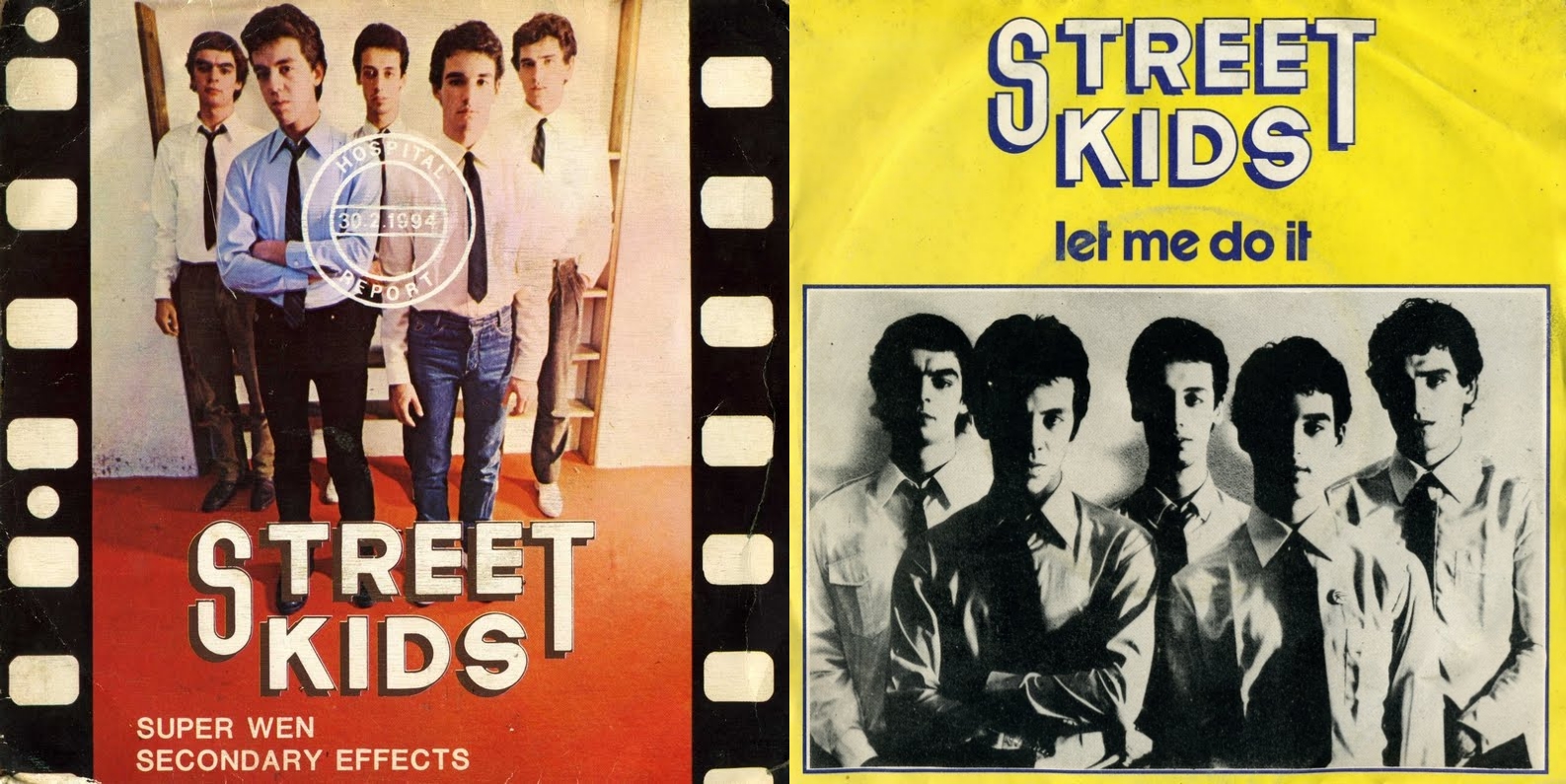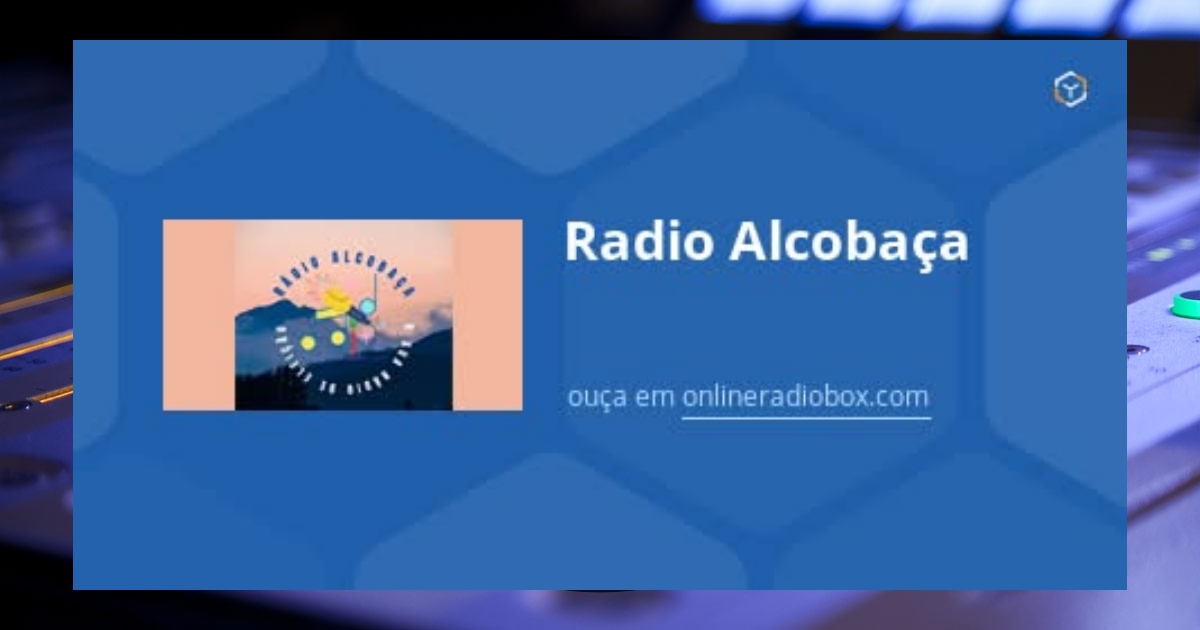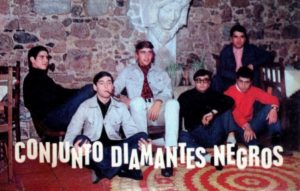The birth of the band Plástico, in Cascais, in 1979, marked the beginning of a brief yet intense journey through the Portuguese music scene. Formed by Nuno Rebelo, Luís Ventura and Eduardo Pimentel, the original lineup quickly drew attention for its experimental spirit and youthful energy that characterized its first performances. The decisive turning point came in 1980, when the group welcomed new members – Nuno Canavarro and Flash Gordon (Emanuel Ramalho) – and adopted the name under which they would become better known: Street-Kids.
Their recording debut came with the single “Let Me Do It”, produced by Luís Filipe Barros, an influential figure in Portuguese radio. The track reached number one on the singles chart of the Rock em Stock radio show, a feat that earned the record the famous sticker certifying its popularity with listeners. Soon after, the band confirmed its rising relevance by taking part in one of the era’s landmark events: on April 19, 1981, the Street-Kids performed at Lisbon’s Pavilhão do Restelo during the second anniversary celebration of Rock em Stock, sharing the stage with UHF, GNR, Jáfumega and Arte & Ofício, among others.
Later that year, the band reinforced its reputation with the release of the single “Hospital Reports”, once again produced by Luís Filipe Barros. The record, which included the tracks “Super Wen” and “Secondary Effects”, stood out not only musically but also for its charitable gesture, as the royalties were donated to the Portuguese League Against Cancer. At the same time, the Street-Kids embarked on an intense tour, performing more than fifty concerts across the country and cementing their reputation as one of the most energetic live acts in Portugal.
The next step came in early 1982 with the release of the album “Trauma”, produced by Manuel Cardoso. This first full-length record consolidated the group’s trajectory and opened doors to international experiences, most notably their performances as the opening act for Tangerine Dream and Classic Nouveaux, two established names in the European scene. This period showcased the Street-Kids’ ambition to expand their horizons while staying true to the sound that made them distinctive.
By 1983, the group chose to return to the English language and released the maxi-single “So Far For So Long”, produced by Nuno Rebelo and Emanuel Ramalho. Nuno Canavarro, who had by then left the band, appeared only as a guest musician on this recording. The shift reflected a willingness to explore new musical directions but also revealed internal strains within the band.
Not long after, the Street-Kids’ journey came to an end. Luís Ventura was called to military service, Nuno Rebelo temporarily joined GNR as a replacement for Vítor Rua, and Emanuel Ramalho began playing with Popeline Beije and Rádio Macau. The end of the project did not, however, erase the band’s impact: in just four years, the Street-Kids had established themselves as one of the most dynamic and innovative formations of Portugal’s new wave rock scene, leaving behind a legacy that still resonates among those who witnessed that vibrant period in national music.











Diretamente dos vibrantes anos 80, recordamos os Street Kids! Nascida das cinzas dos Plástico, a banda de new wave rock… Read more »
Isto é muito bom! deviam haver mais bandas como esta